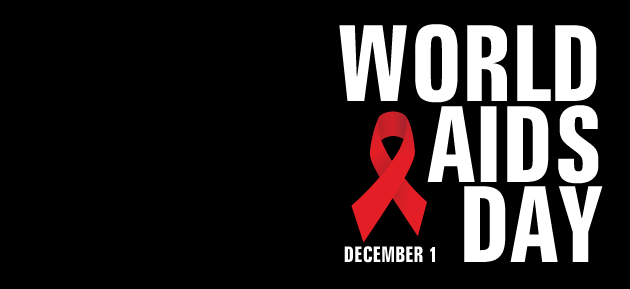According to the Centers for Disease Control and Prevention (CDC), of the more than 1.2 million people living with HIV in the United States, only 87 percent are aware of their health status. The impact of lack of awareness and understanding of HIV/AIDS remains a critical concern to social workers and allied providers.
Only four of 10 persons diagnosed with HIV are receiving HIV medical care. And only 37 percent are receiving HIV medications, a necessary bio-medical intervention that both helps achieve viral suppression and greatly reduces the chances of transmitting the virus.
Social workers understand that HIV-related disparities are rooted in range of complex social, economic, environmental, and systemic issues. Thirty years into the HIV pandemic our clients, their families, and entire communities face limited resources and services, varying level of access to care and treatment, and the continued impact of HIV stigma and discrimination.
Evidence has demonstrated that HIV-related health disparities have been linked to the broader social determinants of health, including poverty, unequal access to health care, lack of access to education, as well as the impact of stigma, sexism and racism.






